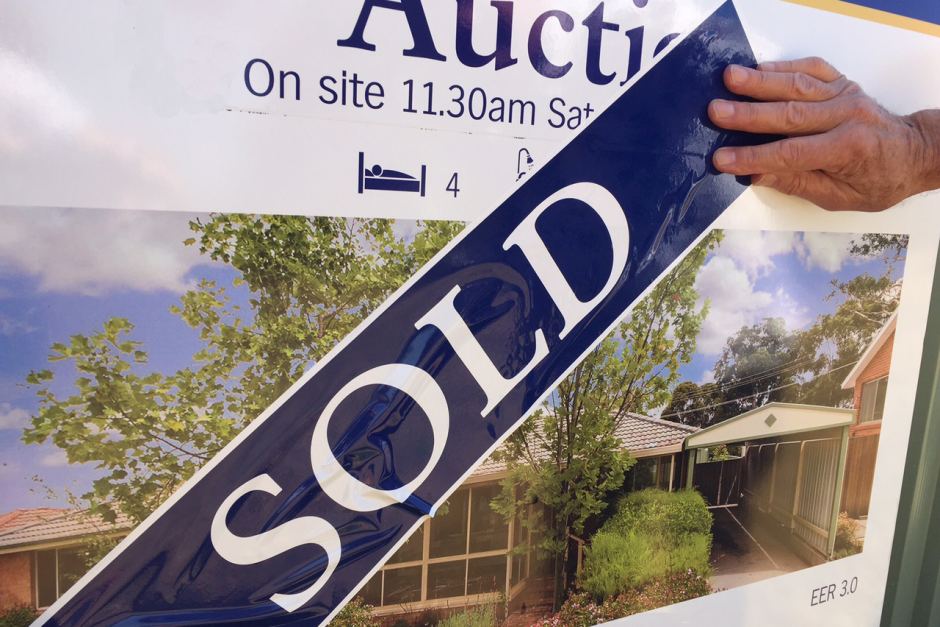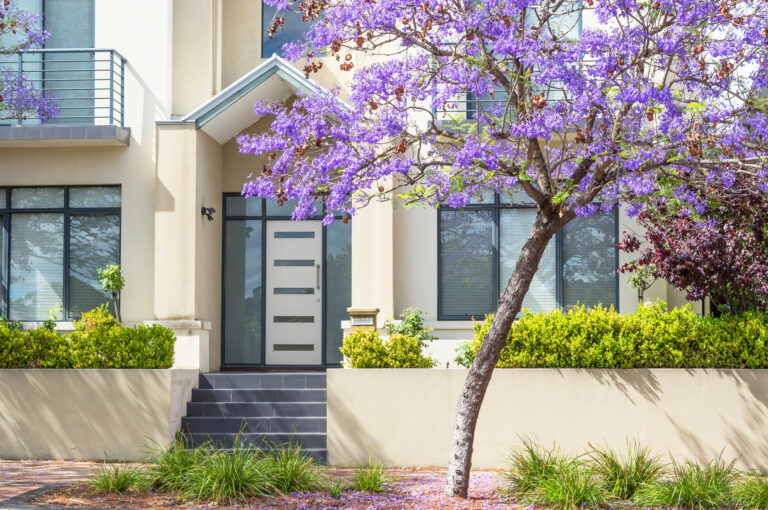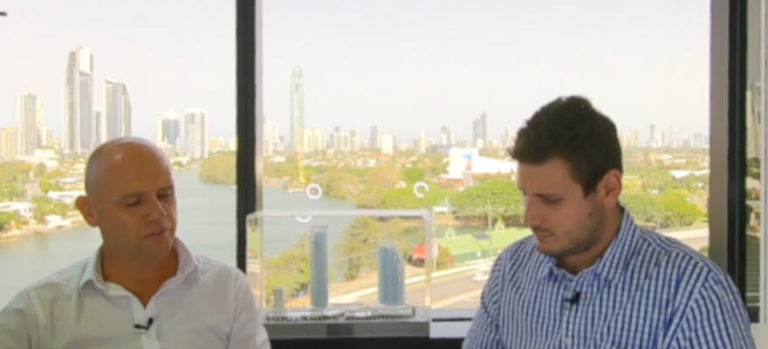Brisbane’s auction market continues to be a star performer with buyers spending $58.2 million on property last week. The city recorded an auction clearance rate of 85% last weekend compared with 63% five months ago, according to Domain. Of the 78 properties which sold under the hammer, many went for well above reserve including a three[1]bedroom home at East Brisbane, which sold for $300,000 over reserve after 12 bidders fought for it. Despite requiring renovation, the home sold under the hammer for $1,432,500 with bidding starting at $900,000 and going up in $50,000 bids and eventually $1000 bids. Selling agent Paula Pearce says the result is indicative of how hot the Brisbane market is and will continue to be in the lead-up to the Olympic Games in 2032. The September Quarter Domain House Price Report shows that East Brisbane has the highest rate of annual house price growth in Brisbane, with the median up by 35.3% to $1,258,500
Gold Coast Market A Standout
Median house prices on the Gold Coast are increasing by double digits according to the Market Pressure Review Report by InvestorKit. It says the Gold Coast is experiencing more pressure than many other Australian markets. Monthly sales volumes on the Gold Coast are up 40% while listings are down by 7.3% and vacancies are at an all-time low of less than 1%. InvestorKit head of research Arjun Paliwal says a significant stock shortage on the Gold Coast is pushing house prices up, with buyers from Sydney and Melbourne in particular driving up demand. The report found that Burleigh recorded the biggest median property price increase on the Gold Coast in the past 12 months, rising 38.2%. Predictions are that price growth will continue in the next 12 months, but the pace of growth may slow as sales volumes decline and listings increase
Quote of the Week
“There are clearly a number of factors at play, including some buyer hysteria, but one of the main reasons for our booming market conditions is easier access to credit, which was simply not the case two years ago when rates were also low.”
PIPA Chairman Peter Koulizos
Vacancy Rates Fall to 10yr Low
The national vacancy rate has hit a 10-year low, with new figures revealing it has dropped to 1.6% – but with six of the eight capital cities well below that level. SQM Research figures reveal the total number of vacancies in October was 56,953 properties, down from 59,345 in September. Vacancy rates are lowest in Hobart at just 0.4%, while they’re below 1% in Perth, Adelaide, Canberra and Darwin, and slightly above 1% in Brisbane. Sydney (2.6%) and Melbourne (3.3%) have the highest vacancies, but they’re higher still in the CBDs (7.5% in Sydney and 8% in Melbourne). SQM managing director Louis Christopher says the last time the national vacancy rate dropped so low was in March 2011. He says vacancy rates are still very tight in most regional centres and some towns have no vacancies at all
Rising Rates Don’t Burst Markets
Concerns that future interest rate rises will dampen property market activity have been quashed by Property Investment Professionals of Australia (PIPA) research. The PIPA analysis of five periods of increasing cash rate movements since 1994 shows house prices continue to rise even after rate rises. PIPA chairman Peter Koulizos says it is usually affordability constraints, economic conditions and consumer sentiment that affect property prices. He says there has been a lot of speculation in the past 18 months that the historic low interest rates in Australia are what is driving property prices so high. “There are clearly a number of factors at play, including some buyer hysteria, but one of the main reasons for our booming market conditions is easier access to credit, which was simply not the case two years ago when rates were also low,” Koulizos says.
Many Protected Against Rate Hike
The Reserve Bank of Australia doesn’t think an interest rate rise will have a detrimental impact on borrowers across Australia. RBA assistant governor for economics Luci Ellis told a parliamentary hearing that most people pay more off their mortgage than is required, particularly recently as many households have been spending less during Covid lockdowns. She says people often put that money into offset and redraw mortgage accounts, so if rates do eventually rise they won’t have to raise their repayments because they have already paid off more than they needed to. While she doesn’t think there is an overall shortage of housing in Australia, Ellis says there are some things that can be done to make the market more responsive. “These include speeding up planning systems to reduce general inefficiencies, improving transport infrastructure and lowering the cost of new construction”










